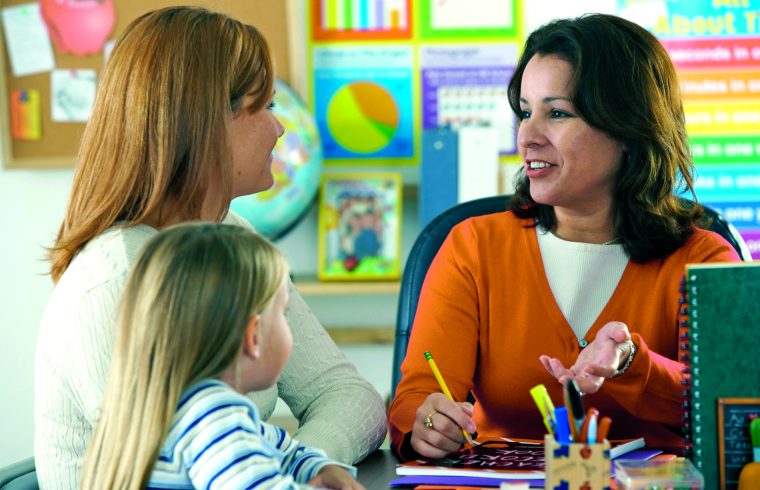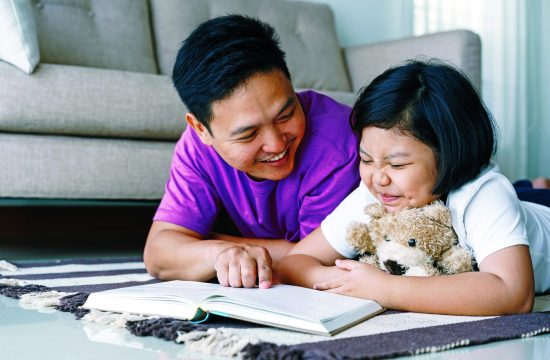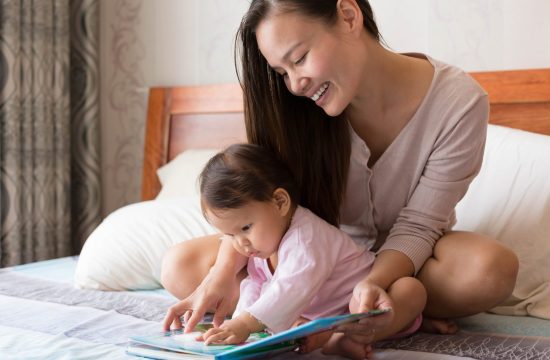Proven Effects of Parental Involvement in Schools
“When schools, families, and community groups work together to support learning, children tend to do better in school, stay in school longer, and like school more.” A New Wave of Evidence, a report from Southwest Educational Development Laboratory (2002)
The success of a child’s education is due to the fine synchronization of the workings of the parent, teacher and student, like the “wheels working together in sync on a tricycle.” If one wheel is not working the other two wheels will have a hard time moving forward. Research also indicates that regardless of what the family’s socioeconomic status is, if parents are involved in their child’s education the child is more likely to do well in academics, testing and be able to take accelerated classes.
It is important that parents get involved with their child’s education. Far too long parents have given the responsibility to educate their child to the schools and teachers. Parents are the primary “educators” of their children. Research shows that learning begins before birth in the mother’s womb and continues after birth.
It is important that parents are collaborators with their child and teacher to ensure a successful educational experience from pre-school and throughout their years of schooling. Here are a few ways parents can be involved.
Parents can:
- Create a learning environment in the home.
- Make sure your child is on time to school every day.
- Expect your child to achieve in school and a plan for a future career.
- Actively participate in school and community activities with your child.
Everyone benefits from involved parents; children, educator, and parents.
Benefits for the child:
- Academic achievement, test scores and attendance are high
- Homework is done on time with few errors
- Self-esteem is high, students are motivated to become independent learners and have higher aspirations
- Children have a more positive attitude about school, are less likely to have discipline problems and drop out of school
- Parent/child interaction improves the child’s social, emotional and intellectual demeanor
Benefits for the parent:
- Parents gain confidence of their parenting and decision-making skills.
- Parents are eager to participate in homework and projects at home.
- The parent/child relationship gets better when parents pay attention to the educational needs of child.
Benefits for the educator:
- High parental involvement equates to high staff and principal morale.
- Parents tend to develop a much higher respect for the teacher as a professional.
- Consistent parent involvement means better communication and relations between the home and school.
- Teachers and principals develop a deeper understanding and respect of their students and families
- Teacher’s morale increases when supportive parents are actively involved in their child’s education
The benefits far outweigh the losses when parents are involved in their child’s education. The three wheeled tricycle is a symbol of the parent, child and educator working in sync for a successful and positive educational experience for their child.








